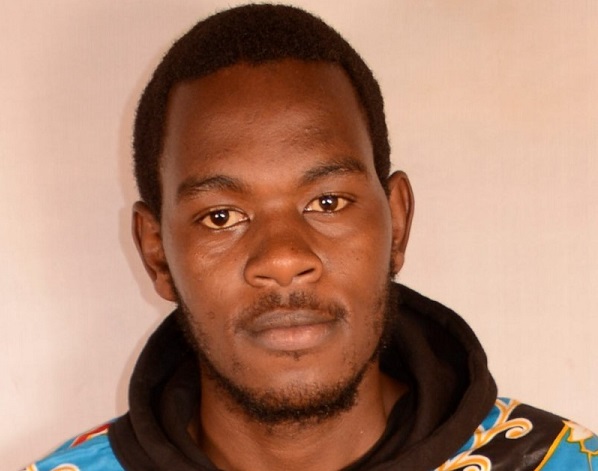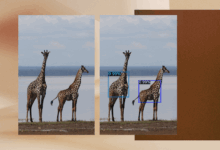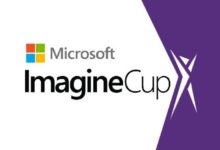[Column] Joshua Ndemenge: University Students need continuous mentorship to become relevant in their chosen fields of study

In March, Microsoft’s Africa Development Centre (ADC) announced the kick-off of Season 2 of its Game of Learners (GOL) program, an initiative aimed at enhancing digital and coding skills amongst university students in Africa, initially targeting Kenya and Nigeria.
Run in the form of a hackathon, the program engages directly with students regardless of the higher education institution they come from. It is structured in the form of a virtual experience where participants learn computer science technologies and practices hands-on while they build impactful solutions for their community. The initiative was launched last year with the objective of empowering participants to come up with practical solutions that can address some of Africa’s social challenges in areas such as health and education.
I was fortunate enough to have been part of Season 1 of the competition last year and with no doubt, the experience was worth every second of our time. Through the GOL, we were not only taken through the technical learning aspects but also through other important soft skills such as the principles of teamwork and how diverse personalities can come together to solve problems in a way that is relevant.
As with most competitions, there must be winners and losers. The GOL was however different, and even though there was an overall winning team of the five participating teams, at the end of the day, all the participants were big winners. Beyond learning immensely on coding and programming, we were impacted with lasting self-confidence that can only be achieved by going through an intense challenge such as the GOL and coming out alive!
As participants, we can feel that within ourselves, and it’s no different than when an athlete conditions him/herself with teammates to pull off a great season. Indeed, the comradeship that was created through the GOL will last beyond the program and some of us are already working towards scaling our projects for commercialisation.
In Season 1, an entry featuring the development of a unique mobile-based medical application emerged the overall winner. The challenge was to demonstrate the application of technology in developing e-health systems that will enable patients to access normal medical services remotely. Dubbed RemD (short form for Remote Doctor), the mobile application was developed by five students drawn from Dedan Kimathi University of Technology, Multimedia University of Kenya, Strathmore University as well as from Mt. Kenya University which demonstrates the diversity of the participating teams.
Mentorship plays a critical role in a student’s life and those who have access to them throughout their study often end up with an advantage over those who don’t. Mentors not only offer support, encouragement, wisdom and teaching, but they also provide knowledge from their experience which students can learn from and apply in their studies and professional life afterwards. Over time, a mentor is able to recognise their mentee’s strengths and weaknesses and thereby helping them to become a better version of themselves.
Mentors also serve as important professional networks that learners always find useful after their studies. At the start of the program, Jack Ngare, the ADC managing director had these inspiring words to the participants: “Your participation in the GOL is really exciting for us because we are able to interact with you more and learn more about you. But more importantly, we want to help you in your journey of becoming better coders and better engineers. We are also looking into the future when some of you graduate or are looking for internships, we are able to identify you and perhaps you join the Africa Development Centre as one of our customers or as a partner.”
The five-week experience was also a self-discovery journey where learners were able to hone their skills and improve them while also having fun. For instance, every Monday, the students were given an opportunity to share their moment-by-moment awareness of their thoughts, feelings, bodily sensations and surrounding environment.
We are grateful to Microsoft for providing us with such an opportunity to learn and grow our skills and attain a new level in our learning, a feat that would normally take developers up to six months to attain. We would also like to challenge other like-minded organisations from different sectors of our economy to create similar initiatives that go a long way in helping to prepare our graduates for the world of work. GOL is indeed a perfect example of how academia can be linked with industry. Will others borrow a leaf?
Joshua Ndemenge, a student of Dedan Kimathi University was team leader of Team RemDe, the winners of Season 1 of the Game of Learners Competition sponsored by Microsoft




